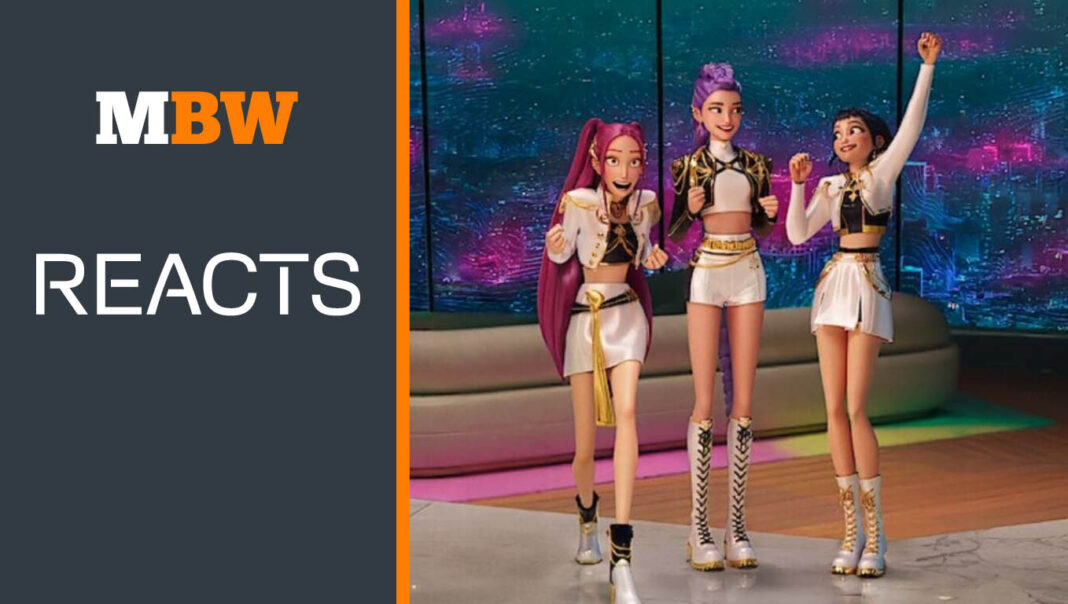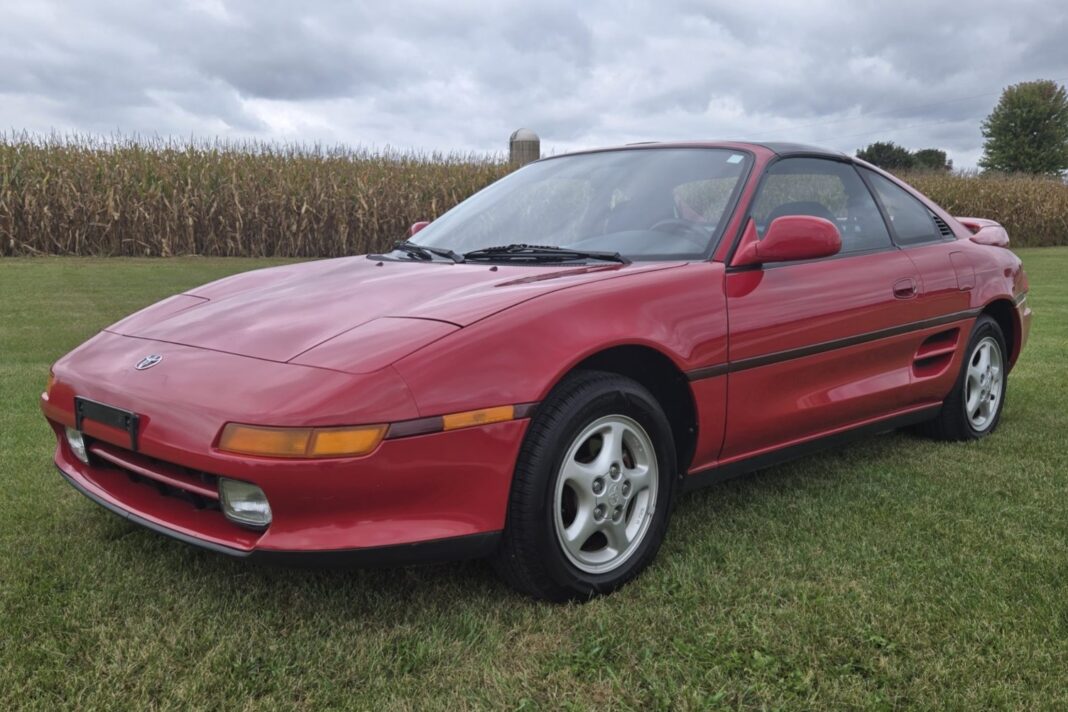MBW Reacts is a series of analytical commentaries from Music Business Worldwide written in response to major recent entertainment events or news stories. Only MBW+ subscribers have unlimited access to these articles. The below article originally appeared in Tim Ingham’s latest ‘Tim’s Take’ email, issued exclusively to MBW+ subscribers.
On… Discovery Mode dodging a bullet
Somewhere in Stockholm, Spotify‘s legal team are exhaling.
Drake’s incendiary legal attack on Universal Music Group was dismissed in its entirety on Thursday (October 9) by Judge Jeannette Vargas.
For the record: I thought almost all of Drake’s case was garbage. I’m glad the judge sided with protecting artistic expression; Kendrick Lamar’s most controversial line in Not Like Us was obviously exaggerated in the context of an escalating rap battle.
Drake also accused UMG of deliberately practicing streaming fraud to ensure the success of Not Like Us. His evidence? A few Tweets and a DJ Akademiks podcast where – as previously reported – even the supposed whistleblower fingered Kendrick’s management, not UMG. Weak.
Yet one of Drake’s other complaints had ramifications far beyond UMG. In fact, it could have pulled the curtain back on a shadowy element of the modern business.
Buried in Judge Vargas’ 38-page opinion was a quiet victory for one of streaming’s most controversial mechanics: Spotify’s Discovery Mode.
Drake’s petition explicitly called out Spotify’s promotional program (where labels accept a 30% royalty discount in exchange for an algorithmic boost) as evidence of “deceptive practices” by UMG.
Drake’s legal team tried to frame this as consumer manipulation: users unknowingly being fed Kendrick rather than Drake, all while Spotify pocketed the difference.
The court rightly dismissed this claim as too speculative, lacking evidence.
But here’s the thing: Drake wasn’t wrong to poke at the subject in question.
“The industry seems to have gradually and begrudgingly accepted Discovery Mode as the price of doing business.”
Discovery Mode is opaque. Most Spotify listeners have little idea which tracks are enrolled, or how much of our listening is being invisibly shaped by labels agreeing to reduced royalties.
This matters because Discovery Mode has been living in a precarious state of industry acceptance for years.
Back in 2020, the Recording Academy blasted it as “predatory” and comparable to “payola”. In 2022, members of Congress demanded Spotify publish monthly reports on every track enrolled and the royalty discounts applied.
That never happened. The outrage subsided. The industry seems to have gradually and begrudgingly accepted Discovery Mode as the price of doing business.
Then in wades Drake, litigious arms flailing, threatening to blow it all wide open.
Believe CEO Denis Ladegaillerie recently gave us a different, more positive view on Discovery Mode, claiming that his company is moving “hundreds of thousands of tracks every month” into the program – with 98% showing commercially “positive returns”.
Translation: Discovery Mode isn’t going anywhere… but upwards.
Thanks to the Drake dismissal, we’ve perhaps lost an opportunity to better understand how it works – and at what scale.
Spotify will keep on raking in those 30% royalty discounts. Record labels will keep signing them off. Consumers will remain in the dark.
On… K-Pop Demon Hunters, Story, and Devotion
The music industry’s most prophetic quote of the year was issued in February, from Dr. Luke’s independent publisher, Prescription Songs.
It arrived in a run-of-the-mill signing press release which, I’m embarrassed to now admit, remained unopened in my inbox until this week.
Here it is: “She has a true talent for writing great melodies and cheeky lyrics – appealing to the global masses.”
The source: Prescription’s Shari Fitch.
The subject: South Korean songwriter/artist EJAE, freshly signed to Prescription by A&R Nick Guilmette.
Six months later, six of EJAE’s co-writes appeared in an animated movie that arrived on Netflix with little fanfare: KPop Demon Hunters. That muted arrival tells you everything about how the entertainment industry initially valued this project.
Sony Pictures produced KPDH but didn’t give it a theatrical release – streaming-exclusive, quiet license. The film company evidently didn’t holler loudly enough about it internally, either: the soundtrack ended up outside Sony, with Universal Music Group’s Republic Records.
Hardly anyone saw what was coming next – except maybe Nick Guilmette and Prescription Songs. (Guilmette was promoted to Senior Director of A&R in June; go figure.)
“Music streaming services optimize for engagement – measured in streams, saves, and skip rates. Yet when Netflix options a show like KPDH, it’s betting on resonance – the kind of cultural staying power that makes people rewatch, recommend, and remember.”
Fast forward to now, and KPDH is the cultural juggernaut defining 2025. Those “global masses” are firmly on board; the GRAMMY voting committee may follow.
EJAE (aka Kim Eun-jae) provided the singing voice of Rumi in the film, while her musical co-writes included Golden, Your Idol, and How It’s Done – all smash hits. As I write this, Golden remains atop Billboard‘s Hot 100 AND Spotify’s global top hits rankings; the KPDH soundtrack album just returned to No.1 on the Billboard 200.
A big takeaway for the music business here? Something Disney has known for a century: don’t underestimate the power of music as narrative.
Watch KPDH, and what strikes you isn’t just the meticulous songwriting from EJAE and her fellow composers (inc. Jenna Andrews, Mark Sonnenblick, Stephen Kirk, Ido, Kush, and Teddy Park).
It’s that every song is narratively embedded.
Golden isn’t just a banger; it’s Rumi’s character-defining moment of transformation. Your Idol is the sinister-yet-sticky introduction of evil. What It Sounds Like scores a climactic eruption of personal declaration to mass awakening.
The film has been watched 300+ million times; its songs have generated over 3 billion streams. That 10-to-1 ratio tells you everything: audiences didn’t just watch a story with good music – they absorbed music as story, then carried it with them into their daily lives.
Music streaming services optimize for engagement – measured in streams, saves, and skip rates. They’re incentivized to prioritize volume over emotional impact.
Yet when Netflix options a show like KPDH, it’s betting on resonance – the kind of cultural staying power that makes people rewatch, recommend, and remember.
A big challenge for Spotify’s new co-CEOs?
Their company is music’s global market leader – and profits from moving hundreds of thousands of tracks through Discovery Mode every month.
But can it really inspire devotion like Netflix just did with one well-told story?
Music Business Worldwide





